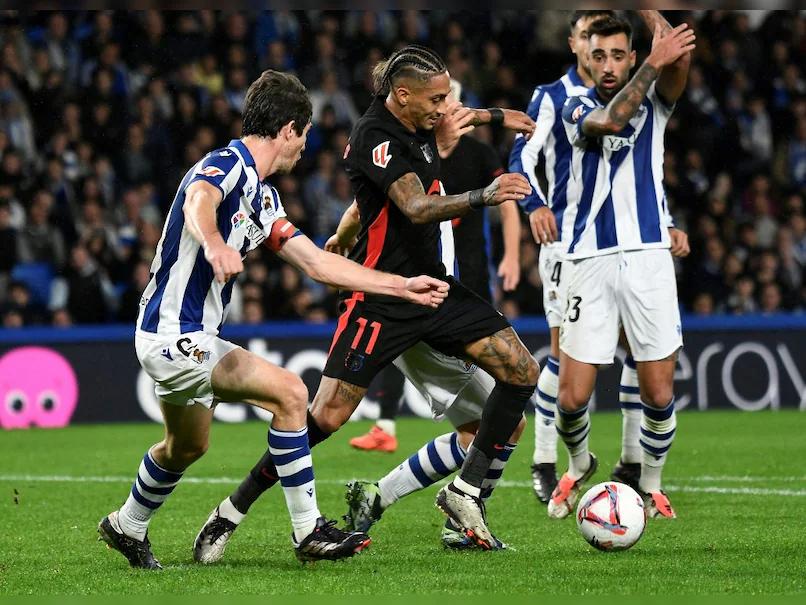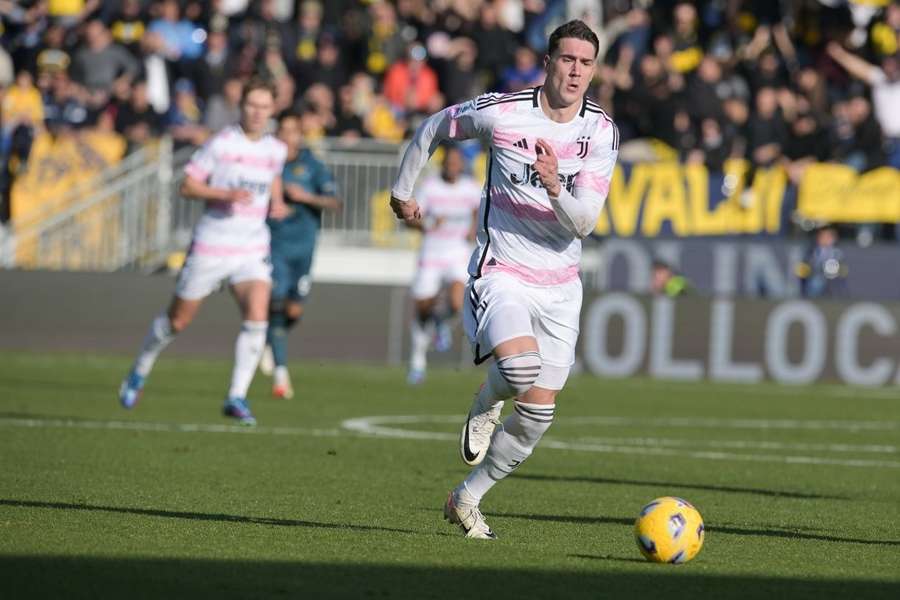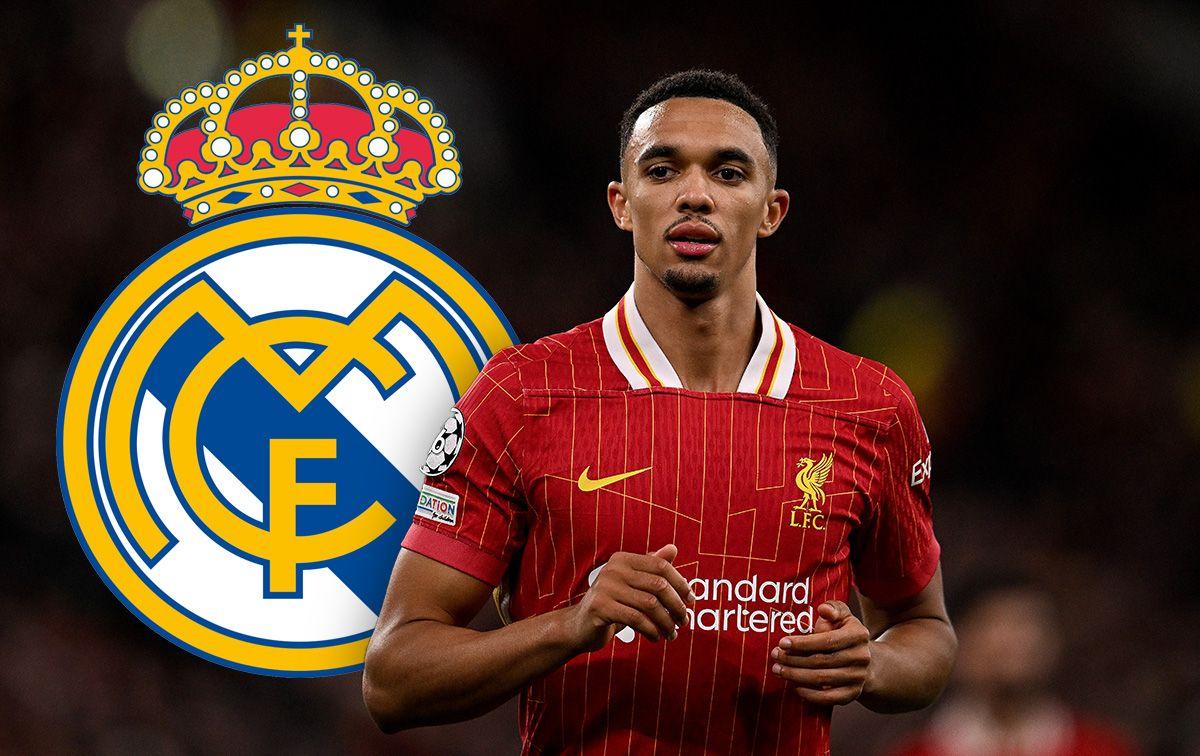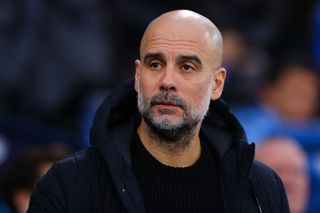Striving for Perfection: Liverpool Boss Arne Slot's Approach at Anfield, Balancing Risk and Reward with English Thinking

Liverpool head coach Arne Slot recently caught up with Sky Sports' Pat Davison to chat about his team's impressive performance so far this season and the upcoming clash against Chelsea at Anfield on Super Sunday.
Ten games as Liverpool manager so far, and I know managers like to look forward, not back behind the international break. Just to take a breath, how do you reflect on the beginning for you as Liverpool manager?
"It's been a good start, let that be clear. There was only one game we weren't happy with, and that was of course the Nottingham Forest game.
"All the other ones I think we deserved to get the result we got, although maybe in an ideal world the difference between us and the other team would have been a bit bigger. So, every time we won I think we deserved it, but some games we deserved it more than others in terms of how big the gap was between us and the other team. So, it's been a good start. Also in the Champions League it's always nice to start off in the best possible way, and we hardly did that except for that one game."
Has anything particularly surprised you? Is there anything that has caught you by surprise in terms of the league, in terms of the club?
Trending"No, I don't think I'm the type of person that gets surprised a lot, because before I start somewhere, before I start with something, I make sure that I know what I can expect. So then normally you're not surprised that much. The positive thing is that people always talk about nine out of ten at this moment, but we also played preseason and we had some very good results over there as well.
"So, it didn't come as a surprise for me that we started the season that well. The only thing that surprised me was I was a bit, I wouldn't say stressed, but a bit like, OK, with all these players coming in that late, will we get off to a good start? How fit are they when they come back? We made the decision that most of them were two and a half weeks to three weeks off, and then starting together two weeks before the season start, that was a bit, hmm, let's wait and see. But it paid off quite well."
So, is the biggest challenge, or the biggest change, the off-field stuff? I saw you did an interview where you were talking about speaking a different language all day, every day. You know how to coach a football team - you wouldn't be sat here if you didn't. So, is it those off-field bits that are the biggest change for you?
"Yeah, for me off-field is the biggest change. The first time that I live abroad is the first time that I live separately from my family, from my children and my wife."
And that's tough, right?
"That's not the ideal world. You would love it to be different than that. But the good thing is that I'm in this building a lot. We work a lot. So there's not a lot of time to sit at home and feel like I'm alone.
"We are either going away to a Champions League game or preparing for the next one. So that is different. But yeah, the first days, all new faces. Because if you go in the same country to a new club, then you know the physio or all these staff members. You know their faces and sometimes you know their names. Sometimes you even work with them before, if you change to another club. Now going to a different country, everything is new. And then speaking English the whole day, that does get some energy out of you. This combination of new faces, new club, new league."
Do you think in English yet?
"Sometimes, sometimes I count in my head in English. But no, mostly I think in Dutch. But the good thing for me was that at my former club, Feyenoord, we also had a lot of foreign players. So all of the meetings, so the football talk was already a lot in English. So, talking about football is not that difficult for me.
"But talking about a normal life, then sometimes you have to dig really deep to come up with the right words. If you have a normal conversation during lunch or during breakfast."
In terms of your family, are you looking to move them over? Are your kids at ages where you think, no, they need to stay in school, stuff like that?
"I think it depends on how it will work out this year. Both of them are doing their exams. So, it was impossible for them to come. I wouldn't say impossible, but that wouldn't be the right choice to bring them over. And let's see how it works out this year for them, for me, and see how we will do things next year. But first of all, we have to keep on winning for me to keep this job!"
One thing that's really struck me listening to other interviews you've done, you seem really comfortable with the success that's come before. Premier League history tells us that following a great manager, and let's be honest, that's what Jurgen Klopp was for this club, isn't easy. But you seem to sort of wear the pressure if there is pressure. You seem to wear that quite comfortably.
"I think I do, yeah, but that has a lot to do with how much I trust the players that I took over from him as well. So, I wasn't surprised because I saw a lot of games of them and I saw a lot of training sessions as well. So, I knew the quality they had. And the only thing I have influence on is working with them and preparing them in the best possible way.
"And that's what me and my staff try to do. And then if the game starts, you can adjust a bit, but it also depends on how well you did your work before and how much quality your players have. And we have a lot of quality.
"So, yeah, then you go in with a lot of confidence into the game. If you prepare well, if you have quality, then the normal outcome is a lot of wins at a club like Liverpool."
I feel like maybe a less experienced coach, or not even just in football management actually, a less experienced leader goes in, wants to stamp their authority, change this - but I've seen loads of bits where you've said: 'the culture's good, the rules are good.' I think you looked back at some of Jurgen Klopp's training. I feel like you have to be comfortable in your own skin to use the good things. Does that make sense?
"Yeah, maybe you should. But I think it would be a really strange decision also if this club had been so successful with Jurgen and so many players are still there, then to change everything. I don't think that would work out really well.
"So, you just keep the things that you like a lot and implement a few ideas that you have yourself as well. But we've got experienced players who are used to a certain way of working. And then it's sometimes also refreshing to change one or two things, but it would be stupid to change everything where they were successful with."
In terms of the things you have changed, you did an interview with Jamie Carragher where you talked about just rebalancing the risk-reward a little bit, not always playing the difficult ball. Do you think the players are adjusting to that little change?
"Sometimes better than in other moments. But that will always be the situation. You will never reach perfection. We are aiming for it, but we will never reach it. So sometimes a player sees a chance, feels that that is the moment to play the difficult ball. And if it happens, I'm the first one to say, well done. But if it doesn't, you see me at the line like, why does he make this difficult choice? It stays a game for the players. And as much as they can, they have to make the right choices and the best possible executions.
"But I think they cope quite well, especially if I look at the game against Ipswich, where I think we dominated possession and we controlled the game really well by possession. But then the next thing is to create more chances if you have the ball so much. We had a few, but in my opinion, not enough.
"So again, we don't reach perfection, but we are far away from perfection at the moment."
The purpose of the extra parts, is that almost defensive? It means you give away fewer transitions and if and when you do give it away, you're in better shape to defend the transition. Is that the thinking behind it?
"Yeah, but more than that, I think it's also about if you had to run a lot to recover the ball, to get the ball back, and then if you lose it, immediately afterwards, I see players from my team with their head down thinking, s**t, we have to defend again, we have to run again.
"But the other team gets a lot of confidence because they immediately have the ball back again. So, it's not only this extra pass that maybe gives you a better rest defence, football is also a mental game. And if you have the ball a lot, you feel more comfortable, you feel better.
"So, yeah, if this pass after transition immediately leads to a chance and the fans are loud, that also gives you the right energy, mental energy. But if you pick out a difficult ball without, so a lot of risk, without a lot of reward, if it finds your team-mate, then I think another choice would have been better."
Lastly, I wanted to ask you about a couple of individuals. You, in the last couple of days, watched quite a lot of clips of Ryan Gravenberch, and it seems obvious with how consistent he is in possession, how well he breaks up play, that he'd be a good No 6.
I think he did it a bit at Ajax, but you're the guy who's given him a regular run at six. So what did you see that other people didn't?
"He is very comfortable with the ball, and I think that's what everybody saw, but not every manager. So, it's a bit of a choice. You can bring a No 6 in that's only really good without the ball - hard tackles and sliding - which every fan loves, and a lot of pundits love as well.
"Or you look more at what can he bring for us if we have the ball, and I think he can help us a lot with the ball. And he has a good tackle, but he's not a... Where would you compare him? He's not an N'Golo Kante, he's a Declan Rice, whatever you want to come up with. But he is a very good runner, so he has long legs, he can keep on running, closing down lines. Is that the way to say it?
"So, he is not the typical No 6 that is making sliding tackles of three or four or five metres, which a lot of fans also like to see. But if you play in a possession-based team, which he does, it's a lot about keeping the ball, making the right decisions if you have the ball, and bringing the ball from the last line towards the forwards. It's just a bit of how you look at a player.
"But in the end, he also surprised me, not how comfortable he is with the ball, but also how trustable he is without the ball. And I think that is something he picked up really fast, or which was maybe already inside of him, but people and me never saw before."
And is Trent Alexander-Arnold, to pick out another individual, one of the most unique players? Having that kind of firepower that far back in the pitch?
"Talking about risk and reward! And the choices he makes in which moment, then he's one of the players that can make his decisions sometimes better, in my opinion. But to have a right full-back that is so special with the ball, yeah, that's an extra quality Liverpool had for so many years, and I'm lucky enough to have that still, because how many full-backs create so many chances for their team?
"So, he should keep bringing this risk to his game and in some moments find other options as well. But I also have to address, in my opinion, how well he's defending at Liverpool in the last few games we've played
"So, I see a player that is bringing his game further up, which was hardly possible because he was already that good, but I think he still does, and that's a good thing."
RELATED STORIES


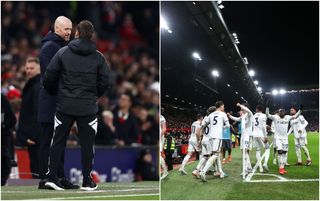
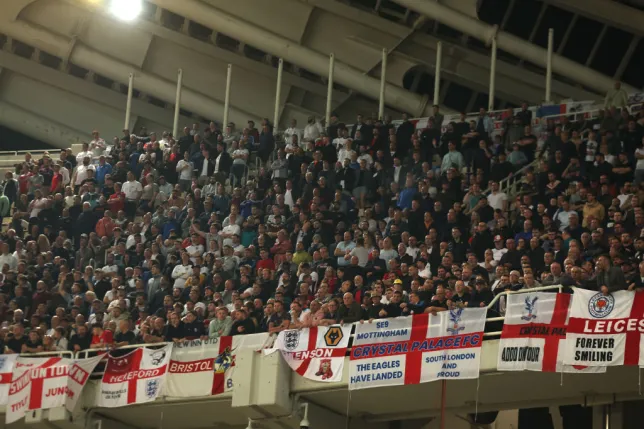
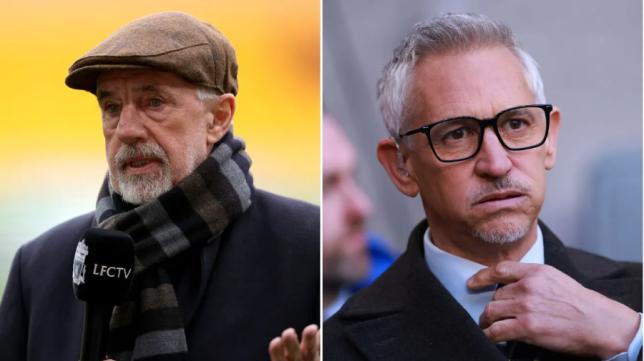
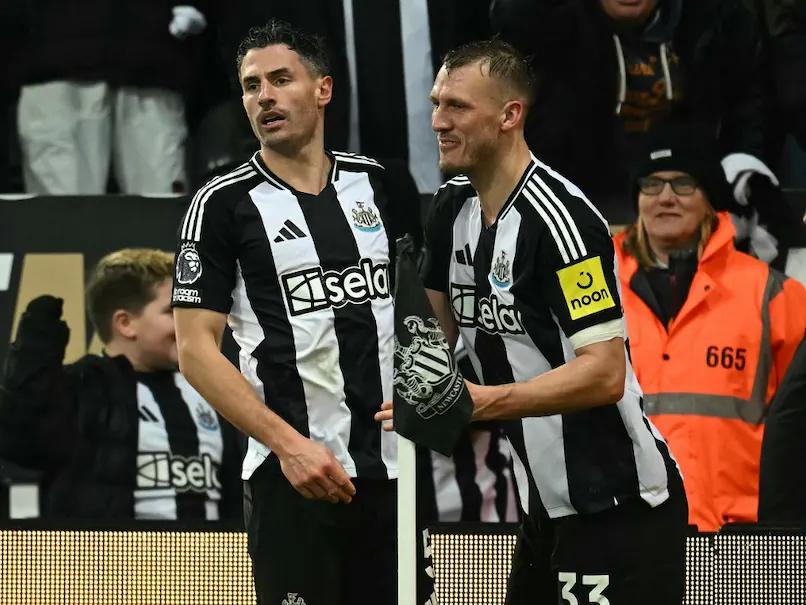
LATEST NEWS
